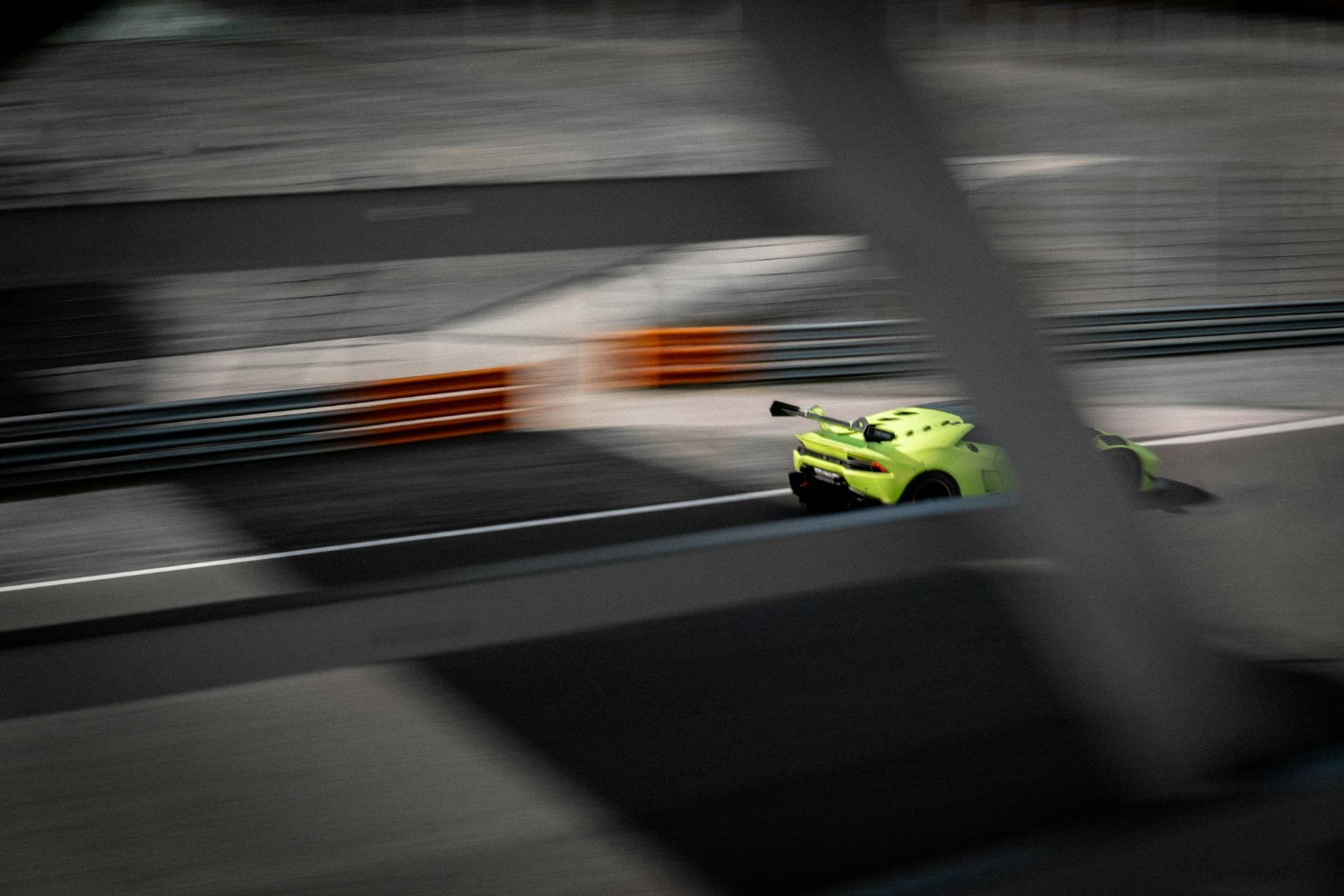Optimizing race day tactics with cutting-edge GPS technology
In the fast-paced world of motorsport, innovation is crucial for gaining a competitive edge. GPS technology has transformed pit strategy, offering unprecedented real-time insights. Today, teams are equipped to make split-second decisions that can define the outcome of a race.
Technology plays a pivotal role in modern motorsport, transforming how teams strategize and execute race plans. As the demands of the track increase, so does the need for precision and efficiency. One of the most significant advancements in this field is the use of GPS tracking devices for advanced monitoring. This technology allows teams to plan precise pit-stop executions and monitor pit-lane traffic in real time, providing a strategic advantage over competitors.
The evolution of GPS tracking in racing
The journey of GPS technology in motorsport began with basic tracking systems, primarily used for navigation and timing. Over time, these systems evolved into sophisticated tools that offer comprehensive data on vehicle performance and positioning. Today’s advanced monitoring systems surpass traditional methods, delivering accurate real-time data that enhances strategic planning. This evolution reflects a broader trend across industries towards data-driven decision-making, underscoring the value of embracing technology.
As GPS tracking became more refined, it allowed for greater insight into every aspect of racing dynamics. Teams now rely on detailed telemetry to assess everything from speed variations to tire wear patterns. Such detailed information was once a distant dream but is now a staple in competitive racing. This transition highlights how integrating cutting-edge technology can fundamentally alter operational approaches and outcomes.
Furthermore, the integration of these systems is not limited to vehicle tracking alone. The comprehensive nature of modern GPS solutions encompasses pit crew coordination, enhancing overall team efficiency. As the technology continues to advance, its applications expand, promising even more innovative uses in the future.
Enhancing pit strategy
The introduction of GPS innovations has profoundly transformed pit-stop planning and execution. Real-time data allows teams to anticipate needs and adjust strategies on the fly, minimizing downtime and maximizing performance. The ability to monitor pit-lane traffic accurately ensures that cars spend minimal time idle during crucial race moments.
Pit stops have long been critical junctures in racing events where seconds lost can mean positions lost. With real-time insights provided by GPS technology, teams can optimize their approach to these critical moments. This precision not only enhances speed but also boosts safety by reducing human error under pressure.
This technological leap forward means that teams no longer have to rely solely on intuition or experience; they can base decisions on concrete data. As a result, races become less about chance and more about strategic expertise supported by technological prowess.
Real-time monitoring for a competitive edge
Real-time monitoring through GPS tracking devices offers teams an undeniable competitive edge by providing continuous updates on track conditions and car performance. These insights allow for immediate tactical adjustments during races, ensuring optimal outcomes regardless of unforeseen circumstances.
The ability to adapt quickly is invaluable in an environment where conditions change rapidly and unpredictably. This adaptability extends beyond just responding to changes; it involves proactive planning based on anticipated developments derived from constant data streams. Such foresight distinguishes successful teams from their rivals.
Moreover, these devices facilitate seamless communication between drivers and their crews. Instantaneous feedback allows for coordinated efforts that are finely tuned to respond precisely when needed most—a crucial factor in high-stakes scenarios like overtaking or defending positions.
One notable example of GPS technology’s impact is its use by Formula 1 teams, where data-driven strategies have become the norm. Teams like Mercedes and Red Bull Racing leverage real-time GPS data to refine their tactics, ensuring they stay ahead of the competition. This approach has been instrumental in securing multiple championship titles, showcasing the transformative power of technology in motorsport.
